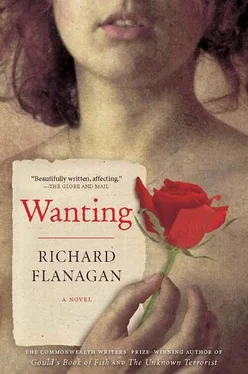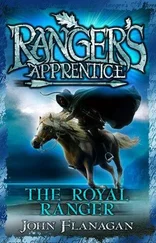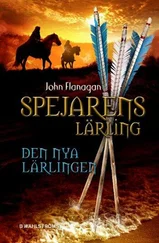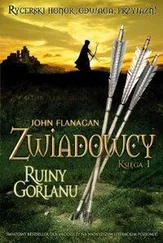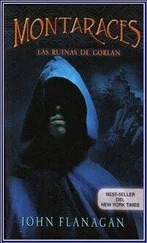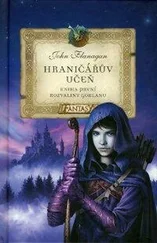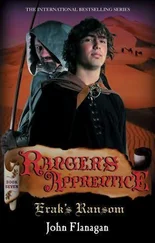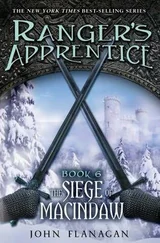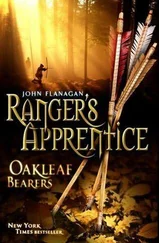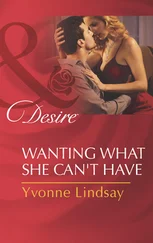‘As to my having three of their heads on the ridge of my hut, I shall only say that I think it had the effect of deterring some of their comrades, of making the deaths of their companions live in their recollections, and so extended the advantage the example made of them.’
Franklin realised Kerr was an extraordinary man. He could not have known it without living for so long as he had on the island, but now everything was clear to him in a way it never had been before. There was an honesty about Kerr that was bracing, even thrilling—he knew it, he exuded and exhaled a terrifying self-belief—what man with three heads staked on top of his home does not?
And in his candour, thought Franklin, was some terrible truth that was compelling, some strange combination of desire and freedom, some acceptance not of peace but of the violence of which Sir John increasingly feared he himself was inexorably composed, the violence that he had begun to believe was the true motor of the world, the violence he sensed but could not admit to himself was at the heart of what had passed between him and Mathinna. It was not the violence that was wrong, thought Sir John, it was the lack of courage in not carrying it through to its logical end, as Kerr so forthrightly did. Sir John envied Kerr’s serenity in accepting his own wretched destiny; he wanted such serenity, such certainty. He turned away from this strange hero of the Black War and pondered his own future where what Crozier had called ‘that crystal desert of oblivion’ beckoned.
‘We are the emissaries of God, science, justice,’ continued Kerr. ‘We know pity and the Devil knows what else. But nothing beats three staked heads. What was it that young naturalist Darwin said when he visited here a few years past and sat in this very dining room? “Van Diemen’s Land enjoys the great advantage of being free from a native population.” You think such freedom easily won? Perhaps you think it can happen without several staked heads.’ Kerr smiled. His mica eyes betrayed nothing yet told everything: he had the chilling certainty of a man unafraid of the horror he has discovered in himself.
Sir John sensed in Kerr’s profound judgements something that went beyond good and evil. But the Christian pity and scientific curiosity of him and his wife, which had led them to adopt Mathinna—would not such virtues be rewarded?
‘I think not,’ said Kerr, and it was as if that extraordinary man had read Sir John’s very thoughts.
Sir John smiled. There was a thing pitiless and intolerable that he felt the island brought out in men; the wild lands, the seas, all seemed to draw a man’s soul to something beyond its own normal boundaries, perhaps even to demand it. And tonight this thought pleased him. Sir John could feel the attraction, the immense satisfaction of being a soul that answered to no creed, that knew no rules, the power of being a small god that he had first sensed in Robinson, that he had since seen in the large free settlers with their feudal farms, the sealers with their harems of black women.
‘People come here to get on, you see,’ said Kerr.
Sir John did see, and it was as if he were seeing it all for the first time, but it was too late. The gods were created by just such brigands and rapists in their own image, to serve them and their needs.
‘They don’t want to take in the sublime wilds and delude themselves they can enlighten those who have lived in the darkness of the woods too long,’ Kerr went on, now drumming a martial beat on the table with his soup spoon. ‘You understand, of course.’
Sir John did understand. And he, who had been determined about little in his life, was now determined Lady Jane would too.
Subsequently, Sir John’s departure was so dignified that it won him the respect he had never known as Governor. He showed no sign of anger, nor shame, nor rage, at what all now said were so clearly the wicked manipulations of the Arthur faction. It was almost as if he welcomed his fate, and he seemed to demonstrate in his going so much that had been absent in his administration.
It was noted with approval how Sir John was finally decisive with his wife on the matter of the black child, who, he now said, would not be taken with them to England. He declared medical opinion against it: experience showed savages’ bodies were constitutionally incapable of surviving a robust climate; it was as proven and undeniable as were the advantages she had enjoyed which would ensure her future was bright indeed. He did not involve his wife in the matter of the memorandum ordering that the child be taken away to St John’s Orphanage. He would not hear her protests, but observed that it was as fine an institution as had ever been erected, and that the child would there be able to finish her education to the satisfaction of all. He would not enter into an argument with Lady Jane about the experiment being not yet ended.
‘It was unscientific yearnings from the beginning,’ Sir John said, and though the word they both knew he intended was mad , there was about his statement the tone of undeniable conviction. When Lady Jane said that she must prepare the child, and went to assure her that her destiny was still promising, it was already too late. They had taken Mathinna the morning before, without warning or explanation, but with the precaution of giving her a special breakfast of toasted cheese. Whether this was to calm the fear she might have or to assuage the guilt he possessed, he was unsure: he simply felt it an act born of necessity, rather than nostalgia.
Sir John walked over to the large log fire to warm himself as his aide-de-camp now told him of the morning’s petitioners, nodding agreement here, shaking his head there, while happily dreaming all the time of the ice to which he knew he could now return. The polar regions existed beyond politics and progress; doubt visited every day, but had little choice but to leave quickly. The emptiness invited simple decisions, and required that these be honoured with inordinate courage; for the decisions were momentous but not complex, and in spite of all the talk of discovery, of survival, it was a world of lost children whose failures were celebrated as the triumphs of men.
And at the pleasant thought of absconding from adulthood, of returning to an implacable solitude as if to the womb, to an inevitable oblivion that by the strangest alchemy of a nation’s dreaming would inexorably become celebrity and history, he smiled again and called for his glass once more to be filled, all the while trying to halt his hand from trembling.
Winter was upon the island, the snow low on the mountain, and while a man dreamt of returning to being a child, there was huddled in the back of a jolting dray a shivering girl leaving the tattered remnants of her childhood behind forever. She was clutching a possum-skin rug around her to keep at bay the driving sleet, to deny an ever-encroaching solitude that felt increasingly like death. She knew only what little she had been told: so that her experience of other children might be broadened, she was being boarded for a few days at a nearby school, and was to take nothing with her, neither possessions nor pets. It was, the child realised, odd, but little about her life wasn’t.
Mathinna lay down, curled into the rug, closed her eyes and let her frail shell of a body ride the bumps and jolts. She told herself she was warm and safe and, consoled by such necessary untruths and with the comforting fullness of toasted cheese in her belly to further the illusion, she somehow fell asleep and dreamt of running through wallaby grass.
When she awoke, the horse was straining its traces, pulling the cart up a steep, muddy road towards a lonely building that burst out of the dark earth like the head of a broad arrow. The oppressive solitude of St John’s Orphanage seemed heightened by the dark forests and snow-mantled mountain that wrapped around it. At its centre was a sandstone church with a tall steeple, on either side of which the children’s dormitories—boys on the right, girls on the left—fell away like broken wings.
Читать дальше
